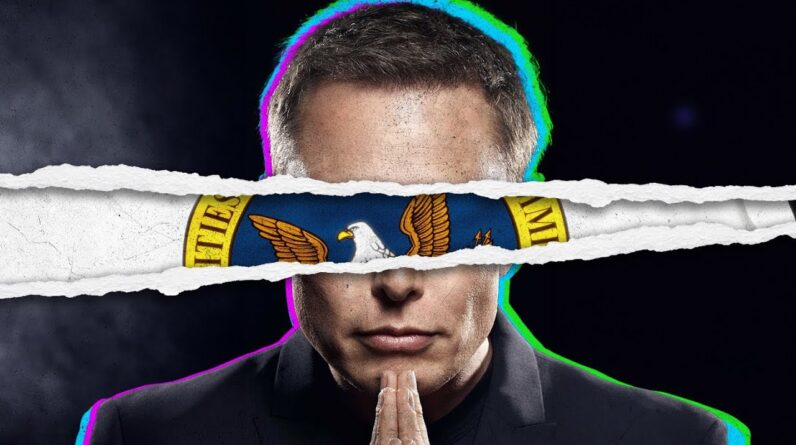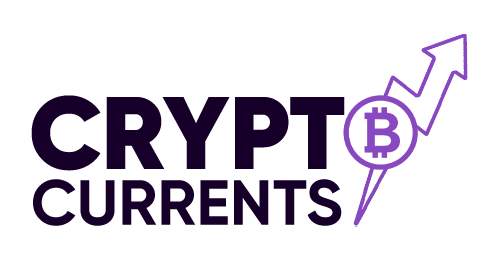
Welcome to our blog post where we delve into the intriguing topic of “The Elon Musk Problem.” As technology enthusiasts and avid followers of the business world, we have been captivated by the enigmatic figure that is Elon Musk. Known for his extraordinary ventures and wealth of groundbreaking ideas, Musk’s influence extends far beyond the realms of traditional entrepreneurship. Today, we invite you to join us as we explore the complex dynamics of this enigma, delving into the impact of his innovations and the controversies that surround him. So, fasten your seatbelts as we embark on an exhilarating journey into the realm of the Elon Musk phenomenon.
The Elon Musk Problem
Introduction
The name Elon Musk has become synonymous with innovation, controversy, and everything in between. As the CEO of Tesla and SpaceX, Musk has transformed industries and captured the world’s attention with his ambitious ideas. However, his journey to success has not been without its fair share of legal battles and public scrutiny. In this article, we will delve deeper into the Elon Musk problem, exploring the various challenges he has faced and the impact they have had on his reputation and the companies he leads.
Elon Musk’s legal battle with the SEC has been closely followed by the world
Elon Musk’s run-ins with the United States Securities and Exchange Commission (SEC) have made headlines around the globe. The saga began in August 2018, when Musk sent shockwaves through the financial markets with a tweet about potentially taking Tesla private. This statement, made on a public platform, brought him under the scrutiny of the SEC, as it raised concerns about potential market manipulation and securities fraud.
Musk tweeted about potentially taking Tesla private in August 2018
In a now infamous tweet, Musk stated, “Am considering taking Tesla private at $420. Funding secured.” This tweet sent Tesla’s stock price soaring and sparked widespread speculation and debate. However, it soon became apparent that Musk’s claim of secured funding was not accurate, leading to accusations of securities fraud.
In September 2018, Musk was accused of securities fraud by the SEC
The SEC swiftly brought legal action against Musk, alleging that his tweet was a false statement designed to manipulate Tesla’s stock price. The accusation of securities fraud cast a shadow over Musk’s reputation and raised questions about his leadership and decision-making.
Musk had to step down as Tesla’s chairman and pay a $20 million fine as part of a settlement
In order to resolve the SEC’s charges, Musk agreed to step down as Tesla’s chairman and pay a $20 million fine. This settlement brought some closure to the legal battle, but it also served as a turning point in Musk’s public perception.
Musk publicly showed his disdain for the SEC through tweets and interviews
Instead of quietly accepting the settlement, Musk publicly expressed his disdain for the SEC. Through tweets and interviews, he criticized the commission and openly questioned the validity of its claims against him. This defiance only added fuel to the fire and further strained his relationship with the SEC.
Musk faced further scrutiny from the SEC for violating the settlement with inaccurate tweets about Tesla
Unfortunately, Musk’s troubles with the SEC did not end with the settlement. In early 2019, he found himself in hot water again after tweeting inaccurate information about Tesla’s production numbers. This violation of the settlement agreement reopened the SEC’s investigation and placed Musk under increased scrutiny.
Throughout 2019 and 2020, Musk continued to exercise his freedom of speech on Twitter
Undeterred by the ongoing scrutiny, Musk continued to embrace Twitter as his preferred method of communication. From sharing updates on Tesla’s progress to making controversial statements and engaging in public feuds, Musk’s tweets generated widespread attention and became a topic of discussion in both mainstream media and the financial markets.
Musk targeted the SEC again in July 2020 with a tweet that received criticism
In July 2020, Musk once again turned his attention towards the SEC with a tweet that drew criticism from regulators and industry experts. The tweet, which suggested that Tesla’s stock price was too high, raised concerns about market manipulation and raised eyebrows at the SEC.
In November 2021, Musk sold off Tesla shares in response to criticism from politicians
More recently, Musk’s actions have come under scrutiny from politicians and policymakers. In response to this criticism, Musk announced that he would be selling off a significant portion of his Tesla shares, raising further questions about his motives and the potential impact on the company.
The SEC subpoenaed Musk and opened an investigation into insider trading regarding his Twitter poll and shares in another company
The SEC, not one to shy away from taking action, subpoenaed Musk and opened an investigation into potential insider trading. This investigation is centered around a Twitter poll conducted by Musk, as well as his holdings in another company. While the outcome of this investigation is yet to be determined, it has once again cast a spotlight on Musk’s actions and raised concerns about his compliance with legal and ethical standards.
Conclusion
The Elon Musk problem is a complex issue that encompasses legal battles, controversial statements, and ongoing scrutiny from regulators. While Musk has undoubtedly made significant contributions to the world of technology and innovation, his actions and behavior have often overshadowed his achievements. As the legal battles continue and the public debate rages on, it remains to be seen how the Elon Musk problem will ultimately be resolved.
FAQs (Frequently Asked Questions)
- What were the consequences of Elon Musk’s tweet about taking Tesla private?
- Has Elon Musk faced any legal actions as a result of his tweets?
- How has Elon Musk’s relationship with the SEC evolved over time?
- What kind of impact have Musk’s tweets had on Tesla’s stock price?
- Is there a possibility that Elon Musk’s actions with the SEC could lead to criminal charges?
